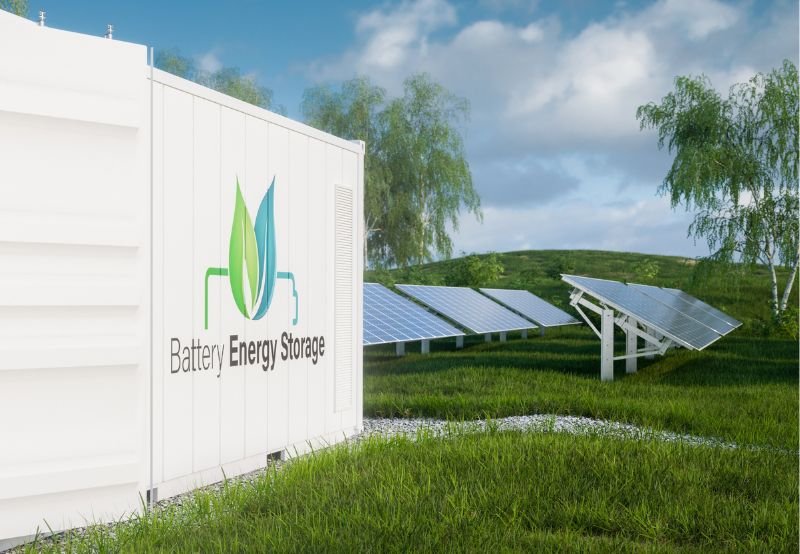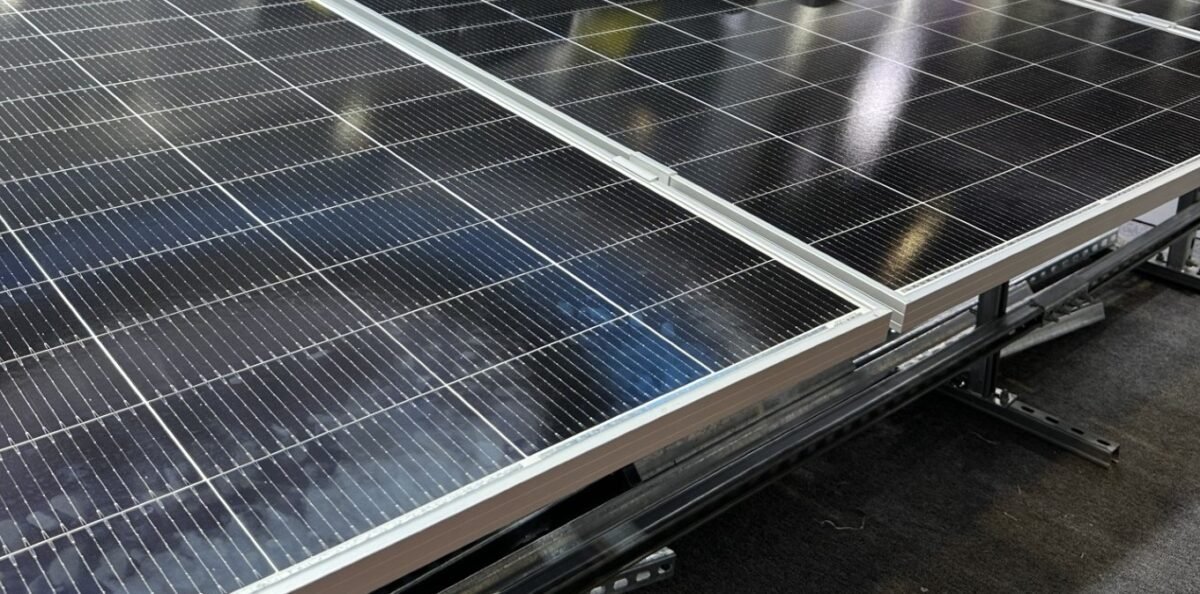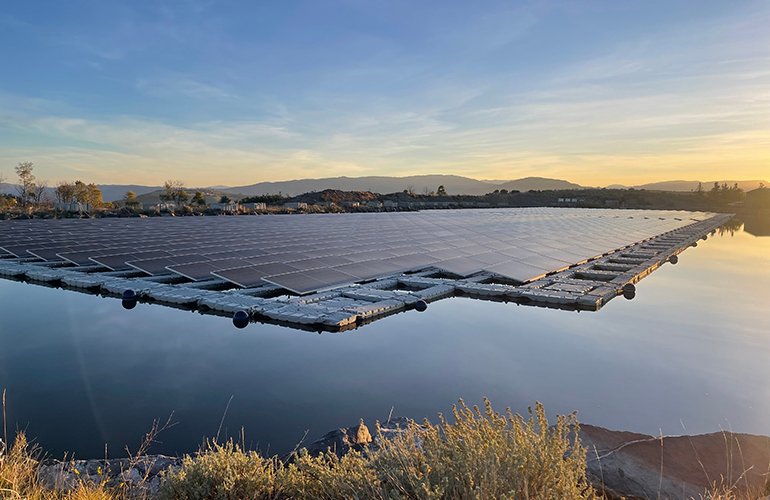How AI Automation Enhances Solar Panel Manufacturing Efficiency
The solar industry is embracing AI and automation to tackle critical challenges in production quality and cost reduction. Even minor defects in TOPCon solar panels or balance-of-system components can escalate into performance issues. Here’s how intelligent technology is transforming solar manufacturing.
The Role of AI in Solar Production
While human inspectors excel in many areas, they can miss microscopic cracks or wafer misalignments. Advanced machine vision systems analyze panels at industrial scale, detecting flaws invisible to the naked eye. This industrial solar automation standard reduces defects by up to 30% compared to manual processes.
Optimizing Costs Without Compromising Quality
- Robotic precision eliminates material waste in silicon cutting
- AI-driven predictive maintenance reduces inverter failures
- Automated logistics streamline supply chains
Beyond the Factory Floor
AI applications extend to solar energy monitoring and performance prediction. Machine learning analyzes historical data to forecast component failures before they occur, minimizing downtime across solar farms.
Workforce Transformation
Rather than replacing jobs, AI creates specialized technician roles focused on system oversight and anomaly resolution – similar to modernization initiatives seen in Andhra Pradesh’s green infrastructure training programs.
Industry-Wide Impact
The convergence of AI with solar manufacturing delivers measurable benefits:
- 25% reduction in production defects
- 18% lower operational costs
- Enhanced panel lifespan through precision QC
As demonstrated by Waaree’s 155% revenue growth, manufacturers adopting these technologies gain significant competitive advantages in today’s solar market.






